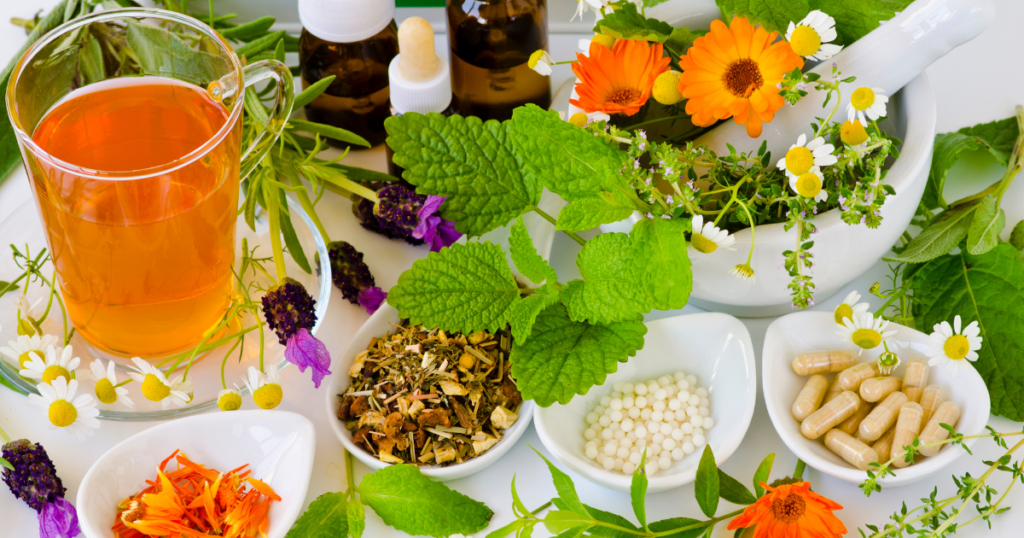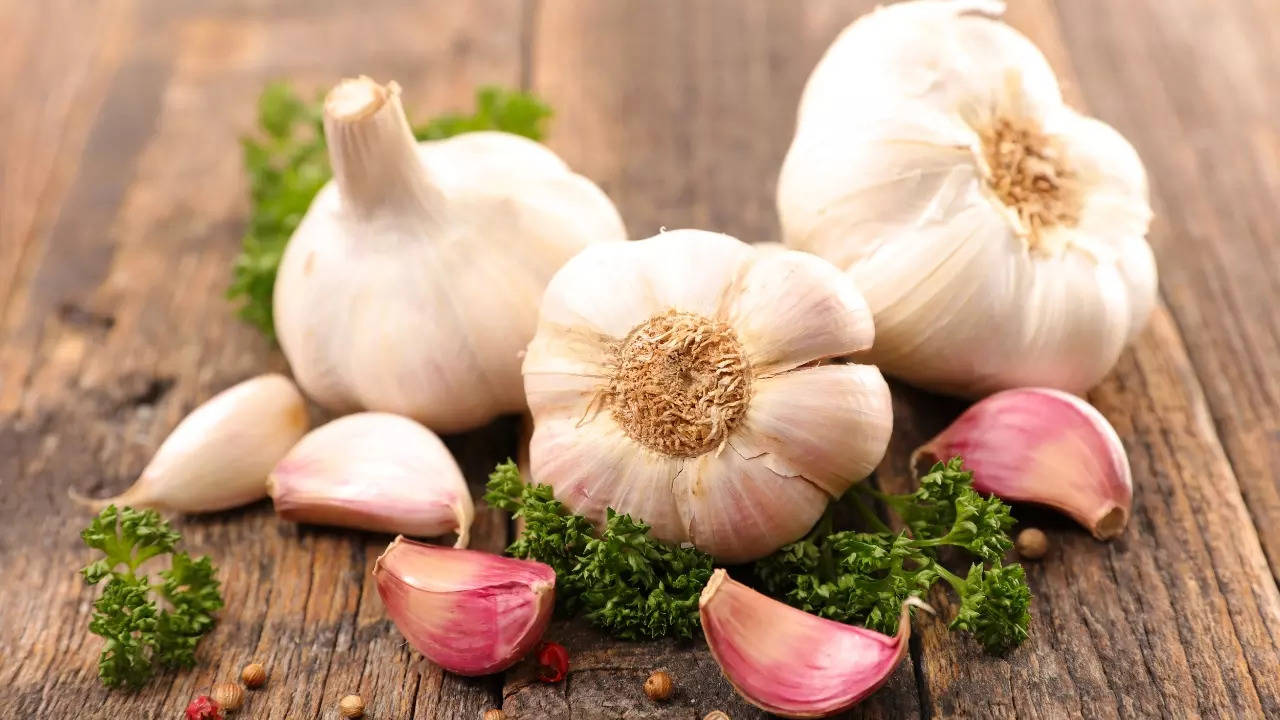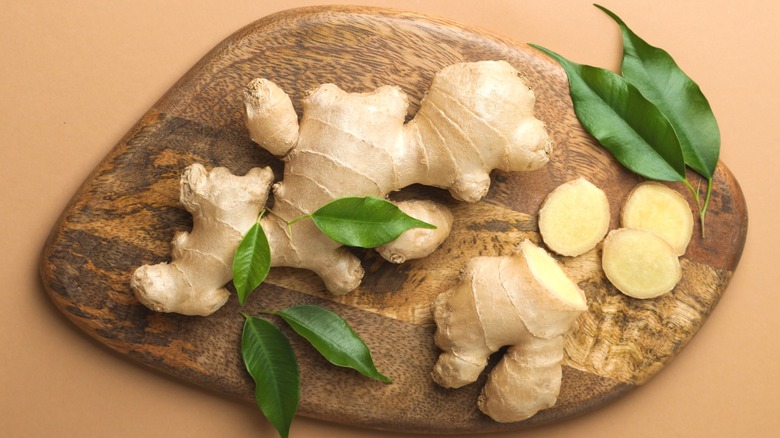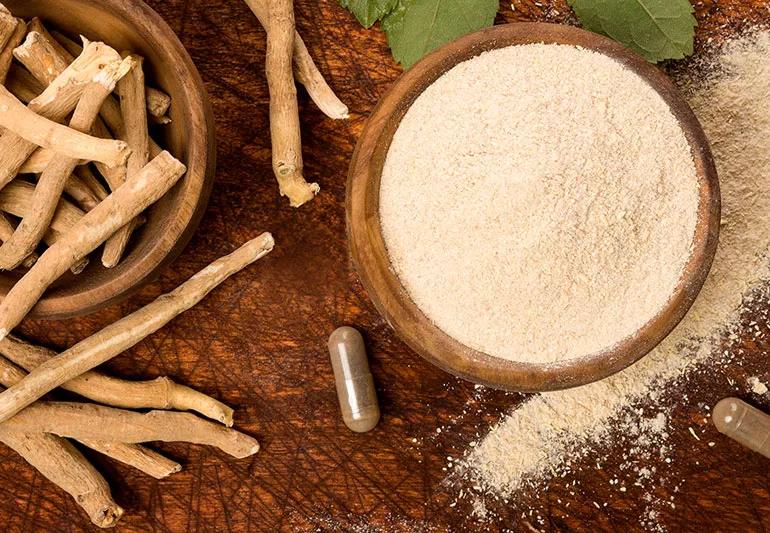
Top 10 Herbs to Fight Cancer, Cancer is a devastating disease that affects millions of people worldwide. While conventional treatments like chemotherapy, radiation, and surgery are often the primary approaches to combating cancer, many are turning to natural remedies and herbal supplements to support their health and fight this disease. Numerous herbs have shown promise in the prevention and treatment of cancer, backed by scientific research and traditional usage. Below, we delve into the top 10 herbs known for their potential in battling cancer.
Read More: Top 10 Iron-Rich Foods in 2024: Boost Your Health with These Nutrient-Packed Choices
1. Turmeric (Curcuma longa)

Turmeric, specifically its active compound curcumin, has been extensively studied for its anti-cancer properties. Curcumin is a potent anti-inflammatory and antioxidant that can inhibit the growth of cancer cells and reduce the spread of tumors. Research indicates that curcumin may be effective against various types of cancer, including breast, prostate, lung, and colon cancers. Incorporating turmeric into your diet, or taking it as a supplement, could potentially support your body’s fight against cancer.
How to Use Turmeric
- Dietary Inclusion: Add turmeric to your meals, such as curries, soups, and smoothies.
- Supplements: Curcumin supplements are available, often in combination with black pepper (piperine) to enhance absorption.
2. Green Tea (Camellia sinensis)

Green tea is rich in catechins, particularly epigallocatechin gallate (EGCG), which is known for its anti-cancer effects. EGCG can inhibit cancer cell growth, reduce tumor size, and prevent metastasis. Studies have shown that green tea consumption is associated with a reduced risk of several cancers, including breast, prostate, and lung cancer.
How to Use Green Tea
- Daily Beverage: Drink 2-3 cups of freshly brewed green tea daily.
- Supplements: Green tea extract supplements are available for a more concentrated dose.
3. Garlic (Allium sativum)

Garlic has been used for centuries for its medicinal properties, and modern research supports its use in cancer prevention. The sulfur compounds in garlic, such as allicin, have been shown to have anti-cancer properties, particularly in reducing the risk of stomach, colon, and prostate cancers. Garlic can enhance the immune system’s ability to fight cancer and may inhibit the growth of cancer cells.
How to Use Garlic
- Raw or Cooked: Include garlic in your daily cooking, or eat it raw to maximize its benefits.
- Supplements: Garlic supplements are available, often in odorless forms.
4. Ginger (Zingiber officinale)

Ginger is widely known for its ability to reduce nausea, but it also has anti-cancer properties. The active compounds in ginger, such as gingerol and shogaol, have been shown to induce apoptosis (programmed cell death) in cancer cells and inhibit tumor growth. Ginger may be particularly effective against ovarian and colon cancers.
How to Use Ginger
- Fresh or Dried: Add fresh or dried ginger to your meals, teas, or smoothies.
- Supplements: Ginger supplements are available for a more concentrated effect.
5. Reishi Mushroom (Ganoderma lucidum)

Reishi mushrooms have been used in traditional Chinese medicine for thousands of years, particularly for their immune-boosting properties. Reishi contains compounds such as triterpenes and polysaccharides, which have been shown to inhibit cancer cell growth and enhance the immune system’s response to cancer. Reishi mushrooms may be beneficial for patients with breast, prostate, and lung cancers.
How to Use Reishi Mushroom
- Mushroom Extracts: Reishi is available as a supplement in the form of capsules, powders, or tinctures.
- Tea: Reishi mushroom tea is another way to incorporate this powerful herb into your daily routine.
6. Milk Thistle (Silybum marianum)

Milk thistle is best known for its liver-protective effects, but it also has potential in cancer treatment. The active compound in milk thistle, silymarin, has been shown to protect against DNA damage, inhibit cancer cell growth, and reduce the side effects of chemotherapy. It may be particularly useful for liver cancer patients and those undergoing treatment that affects liver function.
How to Use Milk Thistle
- Supplements: Milk thistle supplements are widely available in capsule or tablet form.
- Tea: Milk thistle tea can be consumed for its health benefits.
7. Ashwagandha (Withania somnifera)
Ashwagandha is a powerful adaptogen that he
How to Use Ashwagandha
- Supplements: Ashwagandha is available in capsule, powder, and tincture forms.
- Tea: Ashwagandha tea can be consumed to harness its benefits.
8. Holy Basil (Ocimum sanctum)
:max_bytes(150000):strip_icc()/HolyBasil-9c41c2af6a504fe1b8285a7591a37ab9.jpg)
Holy basil, also known as Tulsi, is revered in Ayurvedic medicine for its medicinal properties. It has anti-inflammatory, antioxidant, and anti-cancer properties. Research indicates that holy basil can inhibit the growth of cancer cells and reduce the spread of tumors, particularly in lung and oral cancers.
How to Use Holy Basil
- Tea: Holy basil tea is a popular way to enjoy its benefits.
- Supplements: Holy basil supplements are available in capsule or tincture form.
9. Ginseng (Panax ginseng)

Ginseng is a well-known herb in traditional medicine, particularly in Asia. Ginsenosides, the active compounds in ginseng, have been shown to have anti-cancer effects, including inhibiting cancer cell growth, reducing inflammation, and boosting the immune system. Ginseng may be particularly beneficial for patients with breast, colorectal, and lung cancers.
How to Use Ginseng
- Supplements: Ginseng is available in capsules, powders, and tinctures.
- Tea: Ginseng tea is a common way to consume this herb.
10. Flaxseed (Linum usitatissimum)

While not an herb in the traditional sense, flaxseed is a potent natural remedy with anti-cancer properties. Flaxseed is rich in lignans and omega-3 fatty acids, both of which have been shown to reduce cancer risk, particularly in breast and prostate cancers. Lignans can inhibit the growth of cancer cells and prevent metastasis.
How to Use Flaxseed
- Ground Flaxseed: Add ground flaxseed to smoothies, oatmeal, or baked goods.
- Flaxseed Oil: Flaxseed oil can be used as a salad dressing or taken as a supplement.
Conclusion
Incorporating these herbs into your daily routine may provide a natural way to support your body in its fight against cancer. While these herbs show promise, they should not replace conventional treatments but can be used as complementary therapies. Always consult with a healthcare provider before starting any new herbal regimen, especially if you are undergoing cancer treatment.
Frequently Asked Questions (FAQs) related to the article on “Top 10 Herbs to Fight Cancer”:
1. Can these herbs cure cancer?
No, these herbs are not a cure for cancer. They have shown potential in research to support the body’s natural defenses, reduce the side effects of conventional treatments, and help inhibit the growth of cancer cells. However, they should be used as complementary therapies alongside conventional treatments such as chemotherapy, radiation, and surgery.
2. Should I replace my prescribed cancer treatment with these herbs?
No, it is crucial to continue with your prescribed cancer treatment. These herbs can be used to support your health during treatment but should never replace conventional therapies. Always consult your oncologist or healthcare provider before adding any herbal remedies to your treatment plan.
3. How do these herbs work against cancer?
These herbs contain active compounds that have anti-inflammatory, antioxidant, and anti-cancer properties. They may help reduce the growth of cancer cells, prevent metastasis, and enhance the immune system’s ability to fight cancer. Some herbs may also help reduce the side effects of conventional treatments.
4. Are there any side effects of using these herbs?
While many of these herbs are generally considered safe, they can cause side effects or interact with other medications. For example, high doses of turmeric can cause stomach upset, and garlic may thin the blood. It’s important to use these herbs under the guidance of a healthcare professional, especially if you are undergoing cancer treatment.
5. Can I use these herbs if I am already taking other medications?
Some herbs can interact with medications, including those used in cancer treatment. For example, garlic can enhance the effects of blood-thinning medications, and turmeric may interfere with certain chemotherapy drugs. Always consult with your healthcare provider before adding any herbs to your regimen if you are taking other medications.
6. How should I consume these herbs for the best effect?
These herbs can be consumed in various forms, including fresh, dried, teas, and supplements. The best form depends on the herb and your personal preferences. For instance, turmeric can be added to food, taken as a supplement, or brewed into tea. It’s important to follow recommended dosages and seek advice from a healthcare professional.
7. Are these herbs safe for everyone to use?
While these herbs are generally safe, certain individuals, such as pregnant or breastfeeding women, people with allergies, or those with specific health conditions, may need to avoid certain herbs. Always consult with a healthcare provider to ensure these herbs are safe for your specific situation.
8. How long should I take these herbs?
The duration for taking these herbs can vary depending on your health condition and treatment goals. Some herbs may be safe for long-term use, while others should only be used for a short period. It’s best to discuss the appropriate duration with a healthcare professional.
9. Where can I purchase these herbs?
These herbs can be found at health food stores, pharmacies, and online retailers. When purchasing supplements, it’s important to choose high-quality products from reputable brands to ensure safety and efficacy.
10. Can these herbs prevent cancer?
Some studies suggest that these herbs may help reduce the risk of developing cancer by protecting cells from damage, reducing inflammation, and supporting the immune system. However, no herb can guarantee cancer prevention. A healthy lifestyle, including a balanced diet, regular exercise, and avoiding known cancer risk factors, remains essential.


